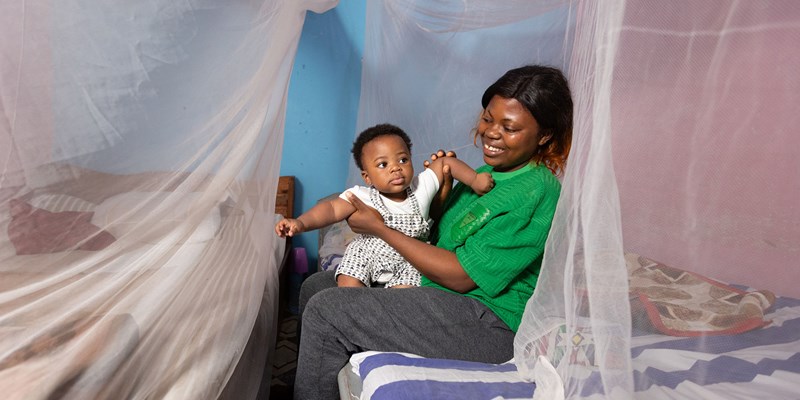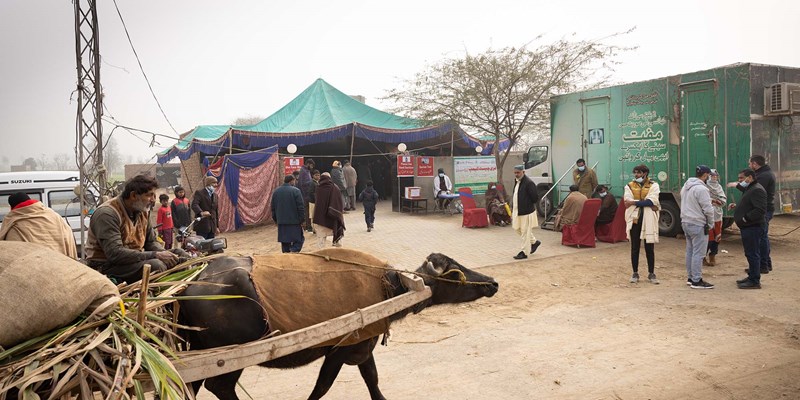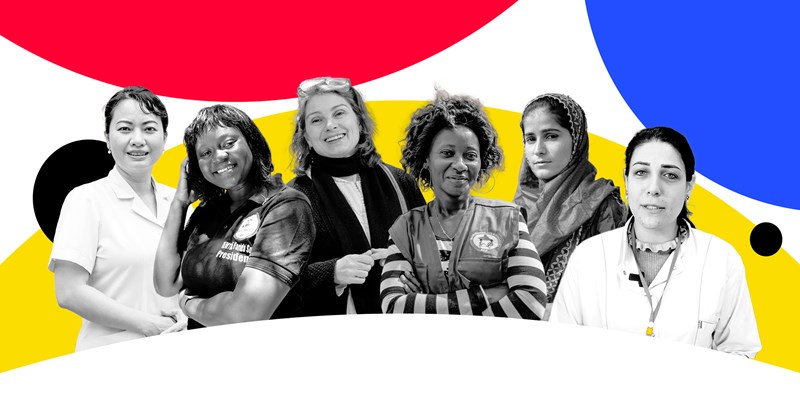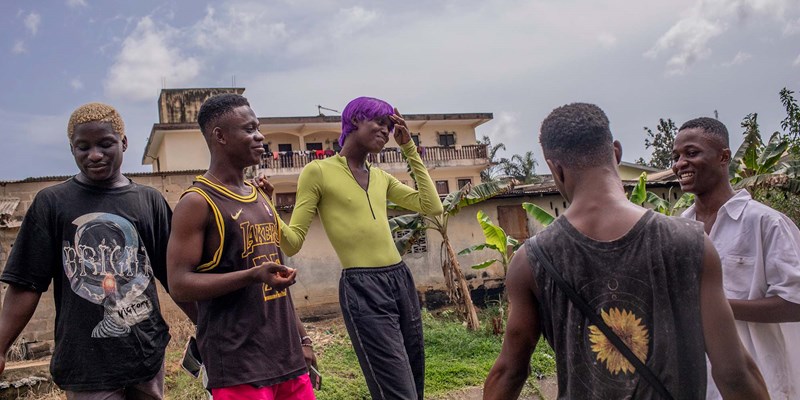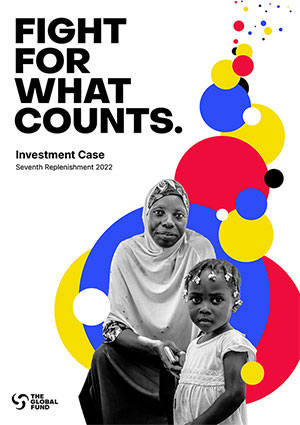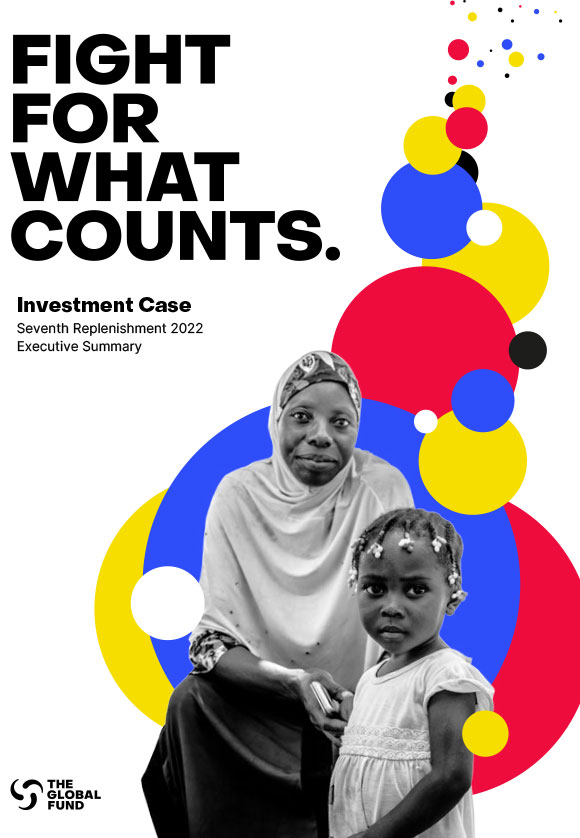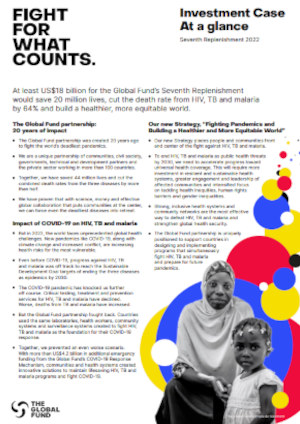Philippines, Indonesia & Western Pacific Islands to receive $33 Million from Global Fund
05 June 2003
Geneva, Switzerland – The Global Fund to Fight AIDS, Tuberculosis and Malaria has concluded grant agreements with Indonesia, Philippines and eleven Western Pacific island states. A total of seven grants, worth up to US$ 33 million over two years, will enable large-scale increases in treatment and prevention programs against the three diseases in the region. “A number of these grants are notable for their focus on remote rural and indigenous populations,” said Dr Richard Feachem, Executive Director at the Global Fund. “This will mean rapid diagnosis, quality care and effective prevention measures for HIV/AIDS, TB and malaria in regions that up to now have had little or no access to these services.”
Indonesia will receive up to US$ 15 million over two years to fund malaria and HIV/AIDS programs. The malaria program will focus on four eastern provinces to increase the use of insecticide-treated bed nets, establish malaria posts in remote villages and provide drugs for resistant strains of malaria. HIV/AIDS funding will increase prevention and treatment activities in four high-prevalence provinces, improving access to quality care for people living with HIV/AIDS and stepping up preventive education, particularly for young people and other vulnerable groups.
The Philippines, where the burden of tuberculosis (TB) is the eighth highest in the world, will receive up to US$ 3.4 million to expand DOTS, the internationally approved treatment strategy for TB, through the country's Public-Private Mix initiative. Funding will also be used to support a pilot project for DOTS-Plus for multi-drug resistant TB. A malaria program for indigenous communities in remote areas, which carry 90 per cent of the malaria burden in the Philippines, will bring more than US$ 7 million for rapid diagnosis and treatment facilities, insecticide-treated bed nets and drugs for resistant strains of the disease.
HIV/AIDS is emerging as one of the biggest health challenges facing the small island states of the Western Pacific region, including Cook Islands, Federated States of Micronesia, Fiji, Kiribati, Niue, Palau, Samoa, Solomon Islands, Tonga, Tuvalu and Vanuatu. A grant of US$ 3 million will go to strengthening surveillance systems and laboratory capacity, improving HIV/AIDS services and launching targeted outreach programs for young people and other high-risk groups.
TB is the leading cause of death among youth and adults in the Western Pacific region, where 1000 people per day die of the disease. Ten island states aim to reduce their TB burden by 10 per cent in two years with the help of a US$ 1.7 million grant to strengthen DOTS services for TB diagnosis and treatment in the remote outer islands.
A malaria grant worth nearly US$ 2.5 million for the Solomon Islands and Vanuatu, both classified among the world’s least developed countries and struggling with an extremely high burden of malaria, will bring diagnostic services to communities not previously reached by malaria control programs, with a special emphasis on preventing malaria in children and pregnant women. The program will involve church and village leaders in educating and mobilizing their communities for malaria control and utilize the private sector to promote and distribute treated bed nets. The Global Fund to Fight AIDS, Tuberculosis and Malaria is an independent, public-private partnership working to attract, manage and disburse new resources in the fight against AIDS, tuberculosis and malaria. To date, it has committed US$ 1.5 billion in two rounds of funding to 92 countries. A third round of funding will be approved in October 2003.
